Ken Dryden, Canada’s Philosopher-Goalie
By Dan Brown
Canada once had a prime minister who fancied himself a philosopher-king.
Me, I was always more impressed by Canada’s philosopher-goalie, Ken Dryden, who died last week.
You probably know Dryden backstopped the Montreal Canadians dynasty of the 1970s, and had a second career as a politician, including a stint in the federal cabinet.
I never met Dryden, but I did meet his Habs teammates, like Pete Mahovlich, who was our neighbour when my family lived in Beaconsfield, Quebec, for two years during the Me Decade.
I did “meet” Ken Dryden, however, in the pages of his many books.
The tributes that have come pouring in since he died have mentioned how thoughtful Dryden was, and having read a good chunk of his output, I can confirm this was the case.
He authored many more titles than just The Game, his player-by-player breakdown of what made the 1970s Canadians perpetual Stanley Cup champions (Dryden won six cups in the eight years he spent in the NHL).
To call The Game the best hockey book ever, or even the best book about sports ever, is damning with faint praise. It is about so much more, a philosophy of life even.
I first came across The Game when I was assigned a chapter to study during my undergrad at the University of Western Ontario in one of my writing classes.
In that section of the book, Dryden uses the metaphor of pond hockey to make a point about the human imagination. He argues that to develop fully, the brain needs unstructured free time to just roam, to play freely, to improvise.
Dryden lamented that kids – with school, after-school activities, camps and so on – don’t get the time to let their imaginations go like they once did. It’s a point that lands with even more force in the age of the cellphone.
(And if you think imagination isn’t important, just remember that the 9/11 commission concluded it was a “failure of imagination” that allowed the 2001 attacks on the World Trade Centre and the Pentagon to take place, so we’re talking about an ability that is crucial to the progress of human civilization.)
The most recent Dryden volume I finished was Scotty, his profile of the winningest coach in NHL history, Scotty Bowman – who had been the netminder’s boss in Montreal.
He also wrote In School, for which he followed a group of secondary students through the academic year to produce a study of the education system with a sociological bent. He even once tried his hand at fiction, penning the novel The Moved and the Shaken.
This is a guy who had a lot of thoughts on a lot of subjects. Those who are eulogizing him right now are correct: He wasn’t only a genius of a hockey player. He was an intellectual on par with the likes of Marshall McLuhan and Northrop Frye.
Many of the articles about Dryden’s career have also included photos of him when was a player, standing in the crease (because the action was usually at the other end of the ice) with his head forward, chin resting on his folded gloves as he watched his teammates.
It was his trademark pose, and is recognizable to a generation of hockey fans. It also reminds me of another famous figure frozen deep in thought: Rodin’s bronze sculpture The Thinker.
Our dominion has lost one of the finest minds it ever produced.
Dan Brown has covered pop culture for more than 33 years as a journalist and also moderates L.A. Mood’s monthly graphic-novel group.


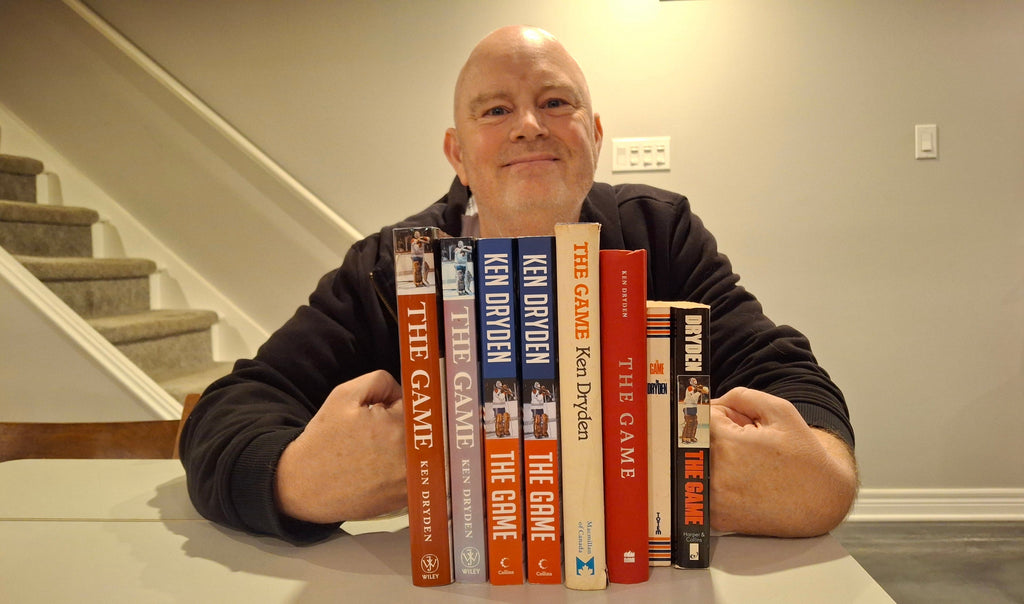
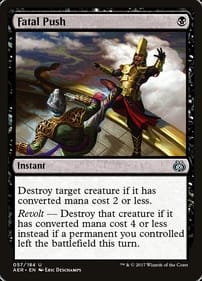
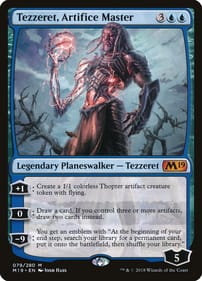
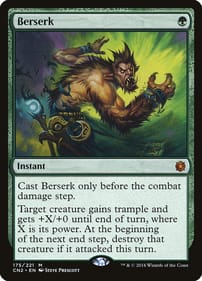
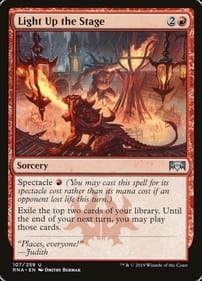
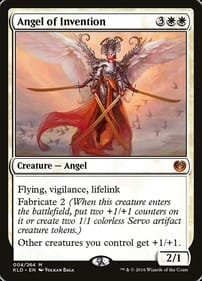
Leave a comment